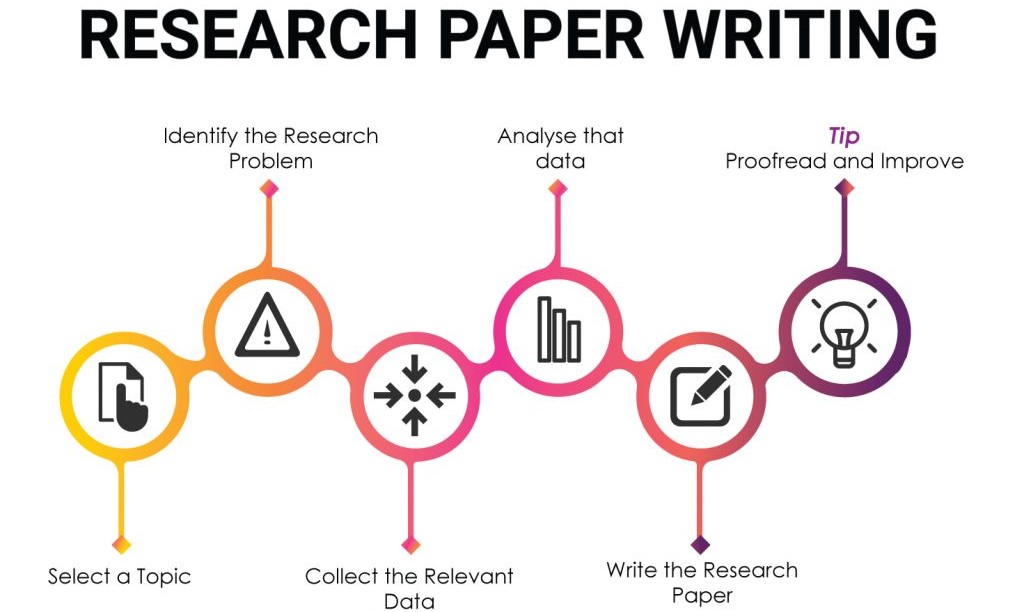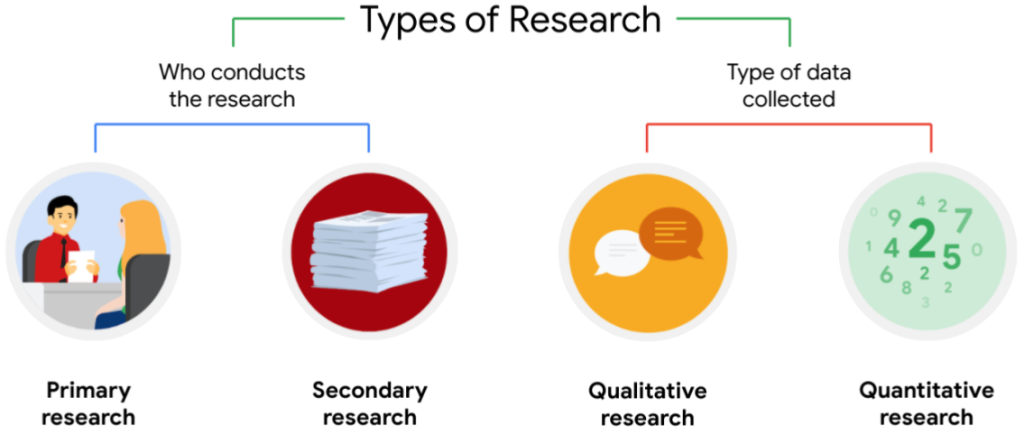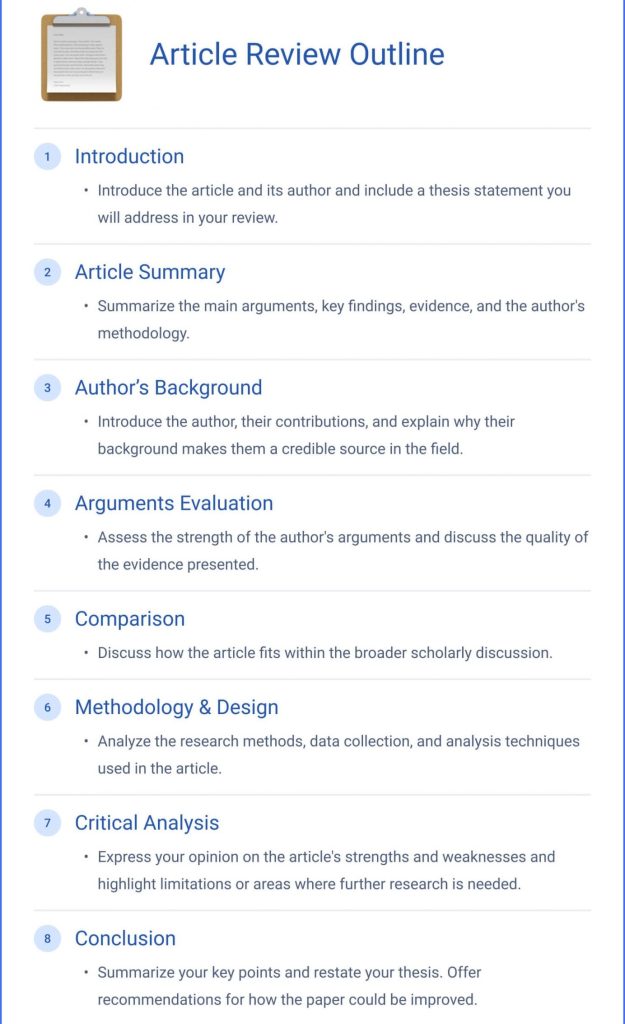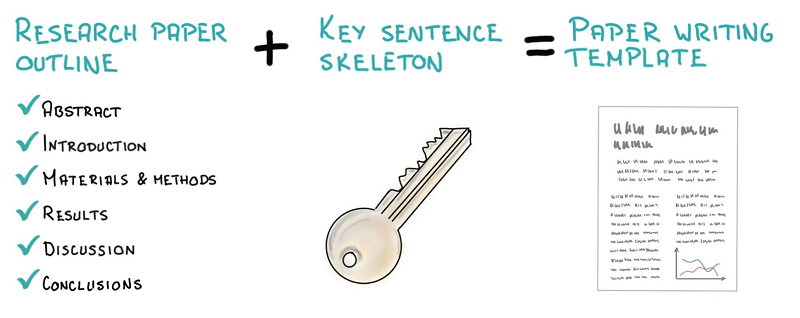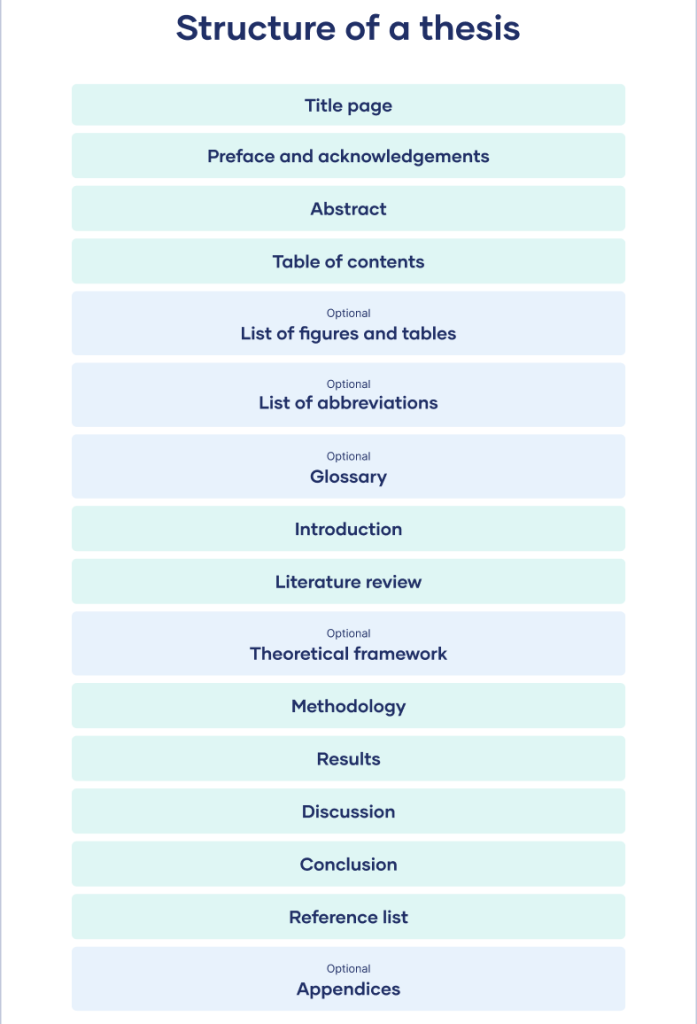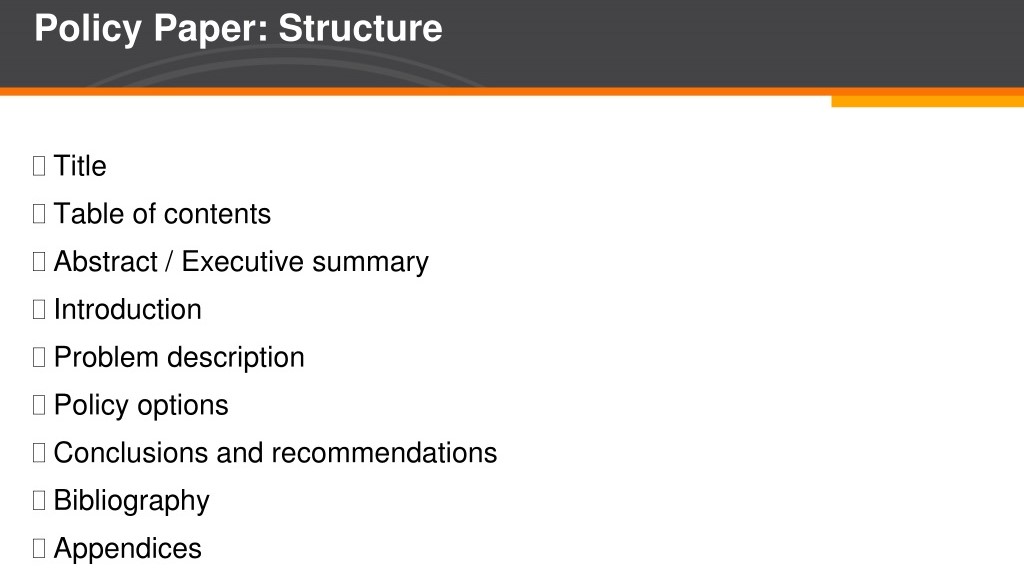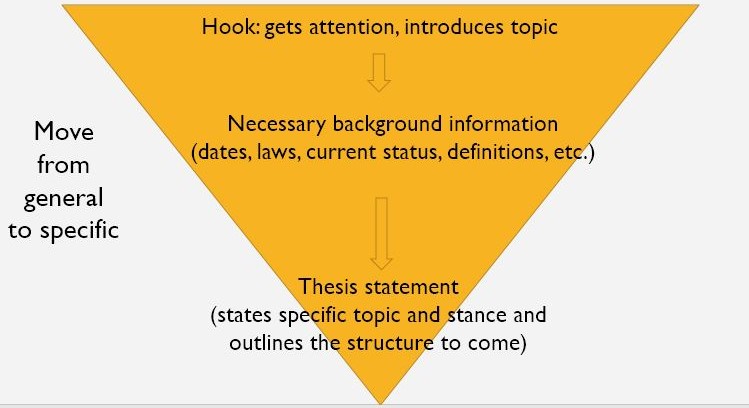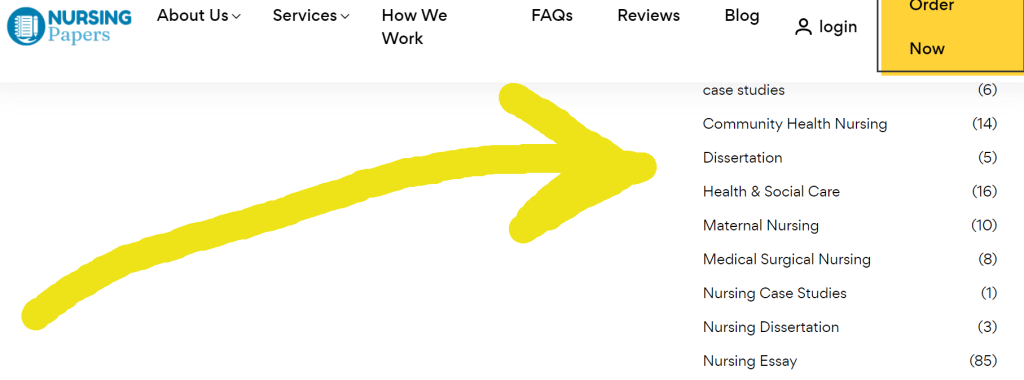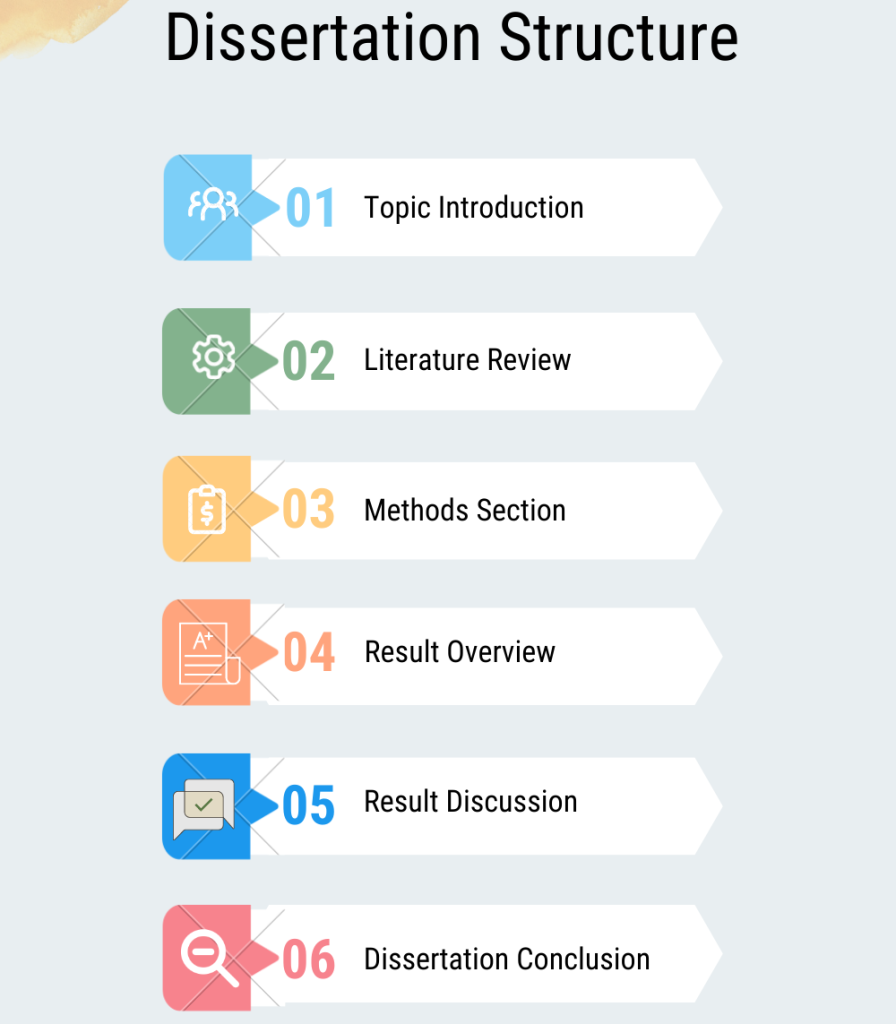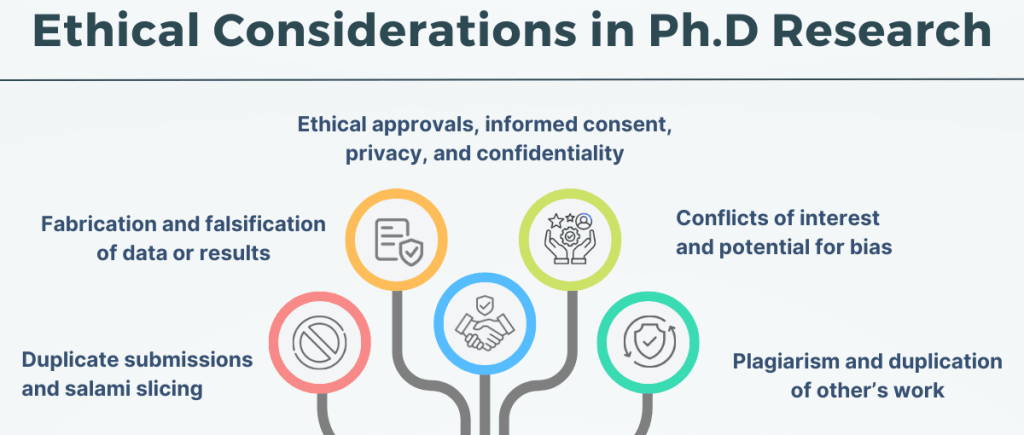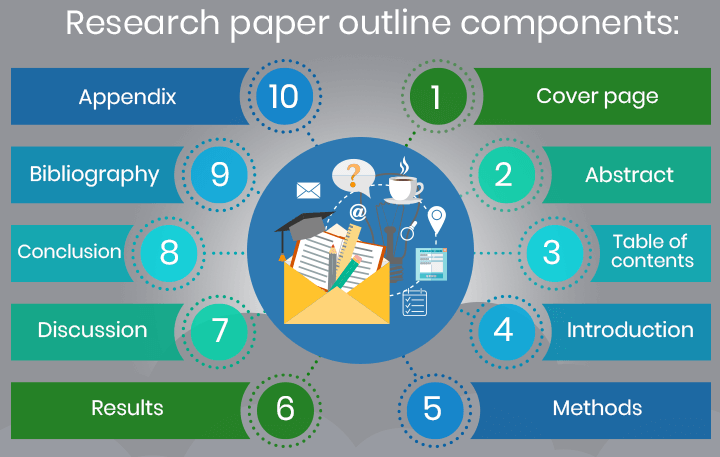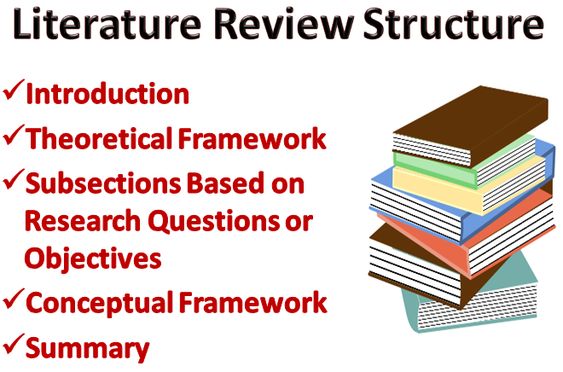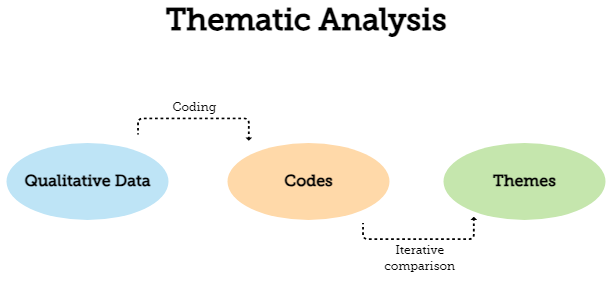
Table of Contents
The journey to completing a PhD nursing dissertation is a challenging and rewarding one, demanding rigorous research, critical thinking, and unwavering dedication. This comprehensive guide provides essential tips for navigating the process successfully, ensuring your dissertation stands as a testament to your expertise and contributes meaningfully to the nursing field.
Step-by-Step Guide to Seamless PhD Nursing Dissertation Writing
1. Choosing a Compelling Research Topic:
The foundation of a successful PhD nursing dissertation lies in the selection of a captivating and relevant research topic. This initial step sets the stage for the entire research journey, influencing the scope, methodology, and potential impact of your work.
a. Identifying Your Passion:
The first step in PhD nursing dissertation writing involves identifying a topic that genuinely excites and motivates you. Your PhD nursing dissertation is an opportunity to delve deep into an area of nursing that resonates with your interests and professional goals. This passion will fuel your research efforts throughout the dissertation process.
b. Examining Current Research Gaps:
Once you’ve identified a potential area of interest, thoroughly review existing literature to uncover research gaps and unanswered questions. This critical analysis will help you pinpoint a specific research problem that warrants further investigation and contribute to the advancement of nursing knowledge.
c. Considering Practical Implications:
A compelling PhD nursing dissertation should address a problem with practical implications for the nursing profession, healthcare system, or patient care. Seek out topics that have the potential to improve clinical practices, influence policy decisions, or enhance patient outcomes.
2. Crafting a Strong Research Proposal:
A well-structured research proposal serves as the blueprint for your PhD nursing dissertation. It outlines your research goals, methodology, timeline, and anticipated contributions.
a. Defining the Research Problem:
Clearly articulate the research problem you aim to address in your PhD nursing dissertation. Provide a concise and compelling overview of the issue, highlighting its significance and justifying the need for further investigation.
b. Formulating Research Questions and Hypotheses:
Develop specific and measurable research questions and hypotheses that guide your research and help you address the research problem. Ensure your questions are clear, focused, and relevant to your chosen topic. Consider using the SMART criteria to formulate your research questions and hypotheses.
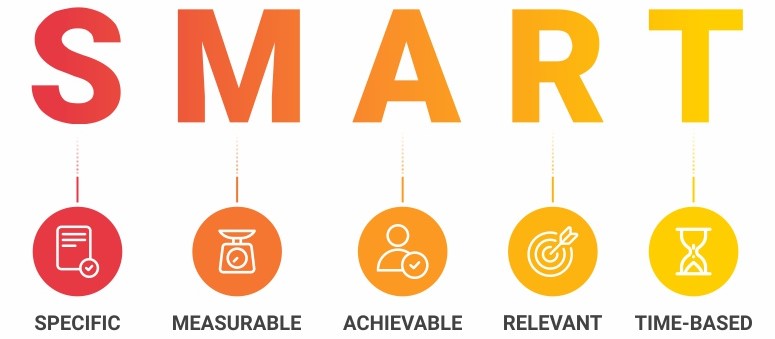
c. Describing the Research Design and Methodology:
Outline the research design you intend to use, specifying the quantitative or qualitative methods you will employ to collect and analyze data. Provide a detailed explanation of the data collection techniques, instruments, and analysis procedures.
d. Addressing Ethical Considerations:
Acknowledge and address any ethical considerations associated with your research. Obtain necessary approvals from institutional review boards and ensure that your research adheres to ethical guidelines for protecting participant privacy and confidentiality.
3. Conducting Rigorous Data Collection and Analysis:
Data collection is the heart of the PhD nursing dissertation, requiring meticulous planning and execution.
a. Ensuring Data Quality:
Prioritize the quality and accuracy of your data collection methods. Utilize appropriate instruments and ensure reliability and validity to obtain meaningful and credible findings.
b. Adhering to Research Protocol:
Strictly adhere to your research protocol, maintaining consistency throughout the data collection process. This will enhance the validity and reliability of your findings, increasing the credibility of your dissertation.
c. Applying Appropriate Analytical Techniques:
Employ appropriate analytical techniques based on your research design and data type. Master statistical software or qualitative coding methods to extract meaningful insights from your data.
4. Writing a Coherent and Compelling Dissertation:
The writing process is a crucial stage in the PhD nursing dissertation journey, demanding clarity, organization, and a compelling narrative.
a. Establishing a Clear Structure:
Organize your dissertation into distinct chapters that logically flow and connect with one another. Establish a clear narrative arc, guiding the reader through your research problem, methodology, findings, and implications.
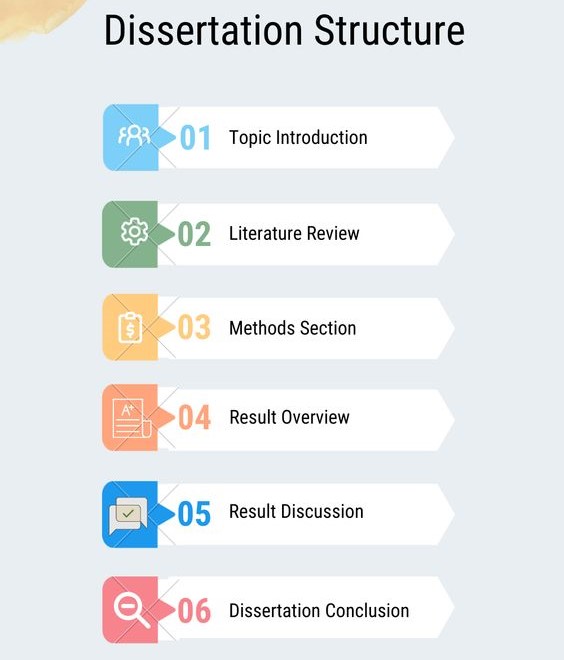
b. Writing in a Scholarly Tone:
Maintain a formal and scholarly tone throughout your writing. Use precise language, avoiding jargon or overly technical terminology, and strive for objectivity in your presentation of findings.
c. Supporting Claims with Evidence:
Rigorously support all your claims with evidence from your research findings. Use credible sources, cite them accurately, and present your data in a clear and concise manner.
5. Addressing the Dissertation Committee’s Feedback:
Throughout the dissertation process, regular communication with your dissertation committee is essential.
a. Seeking Guidance and Feedback:
Actively engage with your committee members, seeking their guidance and feedback at every stage of your research. This collaborative approach will ensure your dissertation aligns with academic standards and meets the expectations of your committee.
b. Incorporating Feedback Effectively:
Carefully review and address the feedback provided by your committee members. Demonstrate your understanding of their comments and make necessary revisions to improve your dissertation’s quality and clarity.
6. Revising and Finalizing the Dissertation:
The final stage involves rigorous revision, proofreading, and formatting to ensure your PhD nursing dissertation meets all academic requirements and is ready for submission.
a. Thoroughly Revising the Dissertation:
Set aside adequate time for thorough revisions, ensuring that your dissertation is free of errors, inconsistencies, and redundancies. Consider seeking feedback from peers or colleagues for additional perspectives.
b. Proofreading for Accuracy and Clarity:
Carefully proofread your dissertation for grammar, spelling, and punctuation errors. Ensure that your writing is clear, concise, and flows smoothly.
c. Formatting According to University Guidelines:
Strictly adhere to the formatting guidelines specified by your university. Pay attention to margins, font size, spacing, and citation style to ensure consistency and professional presentation.
Defending Your PhD Nursing Dissertation
The final hurdle in your PhD nursing dissertation journey is the oral defense.
a. Preparing for the Defense:
Thoroughly review your dissertation and practice answering potential questions from your committee. Be prepared to defend your research methods, findings, and conclusions with confidence and clarity.
b. Presenting Your Research:
Deliver a concise and compelling presentation that effectively summarizes your research problem, methods, findings, and implications. Speak clearly and confidently, demonstrating your expertise and passion for your chosen topic.
c. Engaging with the Committee:
Be prepared to engage in a thoughtful dialogue with your dissertation committee. Listen attentively to their questions, respond thoughtfully, and demonstrate your ability to defend your work effectively.
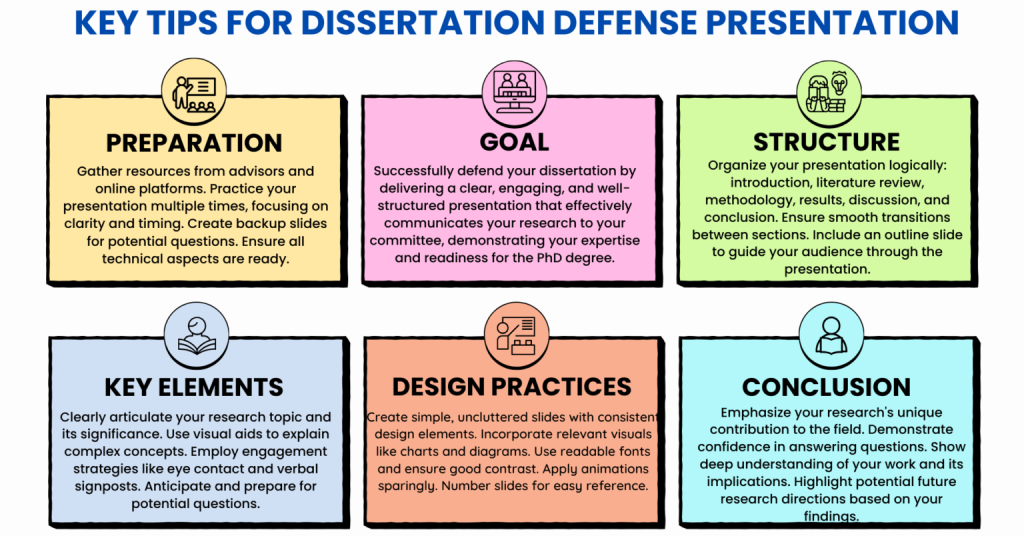
Completing a PhD nursing dissertation is a significant achievement, requiring unwavering commitment, meticulous research, and effective communication. By following these essential tips, you can navigate the complexities of the dissertation process, deliver a compelling and insightful work, and contribute meaningfully to the advancement of nursing knowledge and practice.
The Importance of the PhD Nursing Dissertation
The PhD nursing dissertation is a crucial component of the doctoral degree program, serving as a testament to the candidate’s ability to conduct independent research, contribute to the body of nursing knowledge, and advance the field of nursing practice.
A. A Cornerstone of Scholarly Achievement:
The PhD nursing dissertation represents the culmination of years of dedicated study, research, and critical thinking. It demonstrates the candidate’s mastery of advanced nursing theory, research methods, and scholarly communication.
B. A Vehicle for Innovation and Advancement:
The PhD nursing dissertation serves as a platform for exploring new ideas, challenging existing paradigms, and generating innovative solutions to critical issues in nursing practice and healthcare. It has the potential to influence policy decisions, shape clinical practices, and ultimately improve patient care.
C. A Foundation for Future Research:
The PhD nursing dissertation lays the groundwork for future research endeavors. The findings and conclusions derived from the dissertation can serve as a springboard for further investigation, contributing to the ongoing development and refinement of nursing knowledge.
D. A Catalyst for Professional Growth:
The process of completing a PhD nursing dissertation is a transformative experience that fosters critical thinking, problem-solving skills, and a deep understanding of the nursing profession. It equips graduates with the tools and knowledge necessary to assume leadership roles and advance nursing practice.
E. A Contribution to the Nursing Community:
By contributing to the body of nursing knowledge through their PhD nursing dissertations, graduates make valuable contributions to the wider nursing community. Their research findings can inform clinical practice, improve patient outcomes, and advance the profession as a whole.
Tips for Choosing a PhD Nursing Dissertation Topic
The selection of a research topic is a critical decision in the dissertation process. It sets the stage for the entire research journey, influencing the scope, methodology, and potential impact of the dissertation.
A. Matching Your Interests and Skills:
Choosing a topic that aligns with your interests and skills is essential for maximizing your engagement and motivation throughout the dissertation process. Select a topic that excites you and that you are passionate about exploring in depth.
B. Identifying a Research Gap:
Thoroughly review the existing nursing literature to identify gaps in knowledge or unanswered questions. A strong dissertation addresses a research problem that warrants further investigation and has the potential to make a significant contribution to the field of nursing.
C. Considering the Practical Implications:
A compelling dissertation topic should have practical implications for the nursing profession, healthcare system, or patient care. Seek out topics that have the potential to improve clinical practices, influence policy decisions, or enhance patient outcomes.
D. Ensuring Feasibility:
It is essential to choose a topic that is feasible within the time constraints and resources available. Consider the scope of the research, the availability of data sources, and the complexity of the research design.
E. Consulting with Your Dissertation Advisor:
Collaborate with your dissertation advisor throughout the topic selection process. Seek their guidance and expertise in identifying a research topic that aligns with your interests, meets the requirements of the doctoral program, and has the potential for significant impact.
How to Write a Strong Research Proposal
A well-structured research proposal is essential for guiding the dissertation process. It outlines the research goals, methodology, timeline, and anticipated contributions of the dissertation.
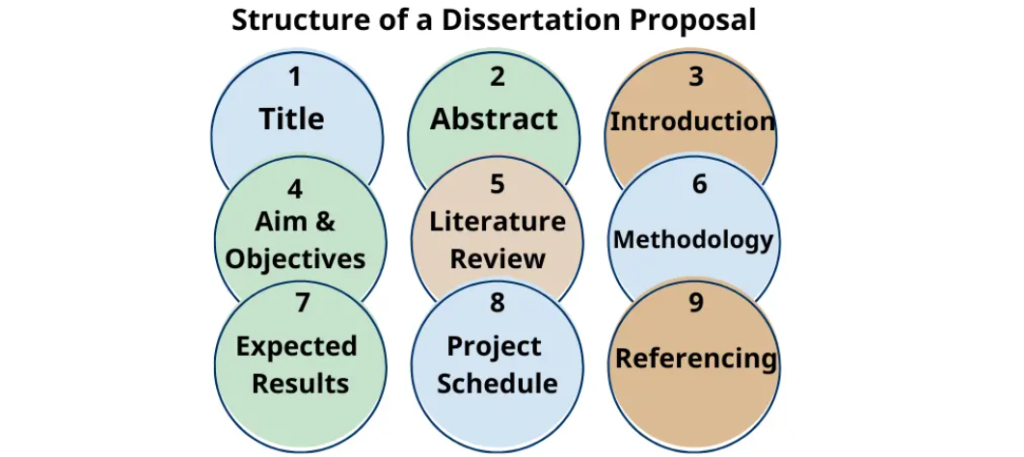
A. Defining the Research Problem:
Clearly articulate the research problem that your dissertation will address. Provide a concise and compelling overview of the issue, highlighting its significance and justifying the need for further investigation.
B. Formulating Research Questions and Hypotheses:
Develop specific and measurable research questions and hypotheses that guide your research and help you address the research problem. Ensure your questions are clear, focused, and relevant to your chosen topic.
C. Describing the Research Design and Methodology:
Outline the research design you intend to use, specifying the quantitative or qualitative methods you will employ to collect and analyze data. Provide a detailed explanation of the data collection techniques, instruments, and analysis procedures.
D. Addressing Ethical Considerations:
Acknowledge and address any ethical considerations associated with your research. Obtain necessary approvals from institutional review boards and ensure that your research adheres to ethical guidelines for protecting participant privacy and confidentiality.
E. Estimating the Timeline and Resources:
Provide a realistic timeline for your research, outlining the key stages of the dissertation process. Identify the resources you will need, including data sources, equipment, and funding, and ensure that these resources are readily available.
Conducting Rigorous Data Collection and Analysis
Data collection and analysis are fundamental aspects of the PhD nursing dissertation process. It is essential to ensure that data is collected and analyzed in a rigorous and ethical manner to ensure the validity and reliability of the dissertation’s findings.
A. Ensuring Data Quality:
Prioritize the quality and accuracy of your data collection methods. Utilize appropriate instruments and ensure reliability and validity to obtain meaningful and credible findings.
B. Adhering to Research Protocol:
Strictly adhere to your research protocol, maintaining consistency throughout the data collection process. This will enhance the validity and reliability of your findings, increasing the credibility of your dissertation.
C. Applying Appropriate Analytical Techniques:
Employ appropriate analytical techniques based on your research design and data type. Master statistical software or qualitative coding methods to extract meaningful insights from your data.

D. Maintaining Data Integrity:
Implement measures to ensure the integrity of your data, including proper data storage, backups, and security protocols. This will protect the confidentiality and authenticity of your research findings.
E. Consulting with Experts:
Seek guidance from experts in data collection and analysis, such as statisticians or qualitative researchers, to ensure the quality and rigor of your research methods.
Writing a Coherent and Compelling Dissertation
The writing process is a crucial stage in the PhD nursing dissertation journey. It involves organizing your research findings, presenting them in a clear and concise manner, and developing a compelling narrative that effectively conveys your research contributions.
A. Establishing a Clear Structure:
Organize your dissertation into distinct chapters that logically flow and connect with one another. Establish a clear narrative arc, guiding the reader through your research problem, methodology, findings, and implications.
B. Writing in a Scholarly Tone:
Maintain a formal and scholarly tone throughout your writing. Use precise language, avoiding jargon or overly technical terminology, and strive for objectivity in your presentation of findings.
C. Supporting Claims with Evidence:
Rigorously support all your claims with evidence from your research findings. Use credible sources, cite them accurately, and present your data in a clear and concise manner.
D. Employing Effective Writing Strategies:
Utilize effective writing strategies to enhance the clarity, coherence, and impact of your dissertation. This includes using clear and concise language, structuring paragraphs effectively, and incorporating transitions to create a smooth flow of ideas.
E. Seeking Feedback and Revisions:
Actively seek feedback from your dissertation advisor, committee members, and peers throughout the writing process. Incorporate their feedback to refine your writing and ensure that your dissertation is clear, engaging, and well-supported.
Addressing the Dissertation Committee’s Feedback
Regular communication and collaboration with your dissertation committee are essential throughout the dissertation process. Their feedback is invaluable for ensuring that your research meets the highest academic standards and contributes meaningfully to the field of nursing.
A. Seeking Guidance and Feedback:
Actively engage with your committee members, seeking their guidance and feedback at every stage of your research. This collaborative approach will ensure your dissertation aligns with academic standards and meets the expectations of your committee.
B. Incorporating Feedback Effectively:
Carefully review and address the feedback provided by your committee members. Demonstrate your understanding of their comments and make necessary revisions to improve your dissertation’s quality and clarity.
C. Maintaining Open Communication:
Maintain open and consistent communication with your committee members, addressing any concerns or questions promptly. This will foster a collaborative relationship and ensure that your dissertation is progressing smoothly.
D. Respecting Committee Expertise:
Value the expertise and insights of your committee members. Seek to understand their perspectives and incorporate their feedback to strengthen your dissertation’s arguments and conclusions.
E. Demonstrating Your Responsiveness:
Demonstrate your responsiveness to feedback by making necessary revisions and incorporating suggestions. This will show your committee that you are committed to producing a high-quality dissertation that meets their expectations.
Revising and Finalizing the Dissertation
The final stage of the PhD nursing dissertation process involves thorough revisions, proofreading, and formatting to ensure that the dissertation meets all academic requirements and is ready for submission.
A. Thoroughly Revising the Dissertation:
Set aside adequate time for thorough revisions, ensuring that your dissertation is free of errors, inconsistencies, and redundancies. Consider seeking feedback from peers or colleagues for additional perspectives.
B. Proofreading for Accuracy and Clarity:
Carefully proofread your dissertation for grammar, spelling, and punctuation errors. Ensure that your writing is clear, concise, and flows smoothly.
C. Formatting According to University Guidelines:
Strictly adhere to the formatting guidelines specified by your university. Pay attention to margins, font size, spacing, and citation style to ensure consistency and professional presentation.
D. Seeking Professional Proofreading:
Consider hiring a professional proofreader to review your dissertation for any remaining errors or inconsistencies. This will ensure that your dissertation is free of any technical or stylistic flaws.
E. Double-Checking Submission Requirements:
Before submitting your dissertation, carefully review the submission requirements of your university to ensure that you have met all deadlines and completed all necessary procedures.
Defending the Dissertation
The final hurdle in your PhD nursing dissertation journey is the oral defense, where you will present and defend your research to your dissertation committee.
A. Preparing for the Defense:
Thoroughly review your PhD nursing dissertation and practice answering potential questions from your committee. Be prepared to defend your research methods, findings, and conclusions with confidence and clarity.
B. Presenting Your Research:
Deliver a concise and compelling presentation that effectively summarizes your research problem, methods, findings, and implications. Speak clearly and confidently, demonstrating your expertise and passion for your chosen topic.
C. Engaging with the Committee:
Be prepared to engage in a thoughtful dialogue with your dissertation committee. Listen attentively to their questions, respond thoughtfully, and demonstrate your ability to defend your work effectively.
D. Rehearsing Your Presentation:
Practice your presentation several times to ensure that you can deliver it smoothly and confidently. Rehearse in front of colleagues or friends to receive constructive feedback and identify areas for improvement.
E. Maintaining Your Composure:
Remain calm and composed during the defense. Answer questions thoughtfully and directly, and avoid getting defensive or argumentative. Focus on demonstrating your knowledge and your ability to articulate your research findings clearly and convincingly.
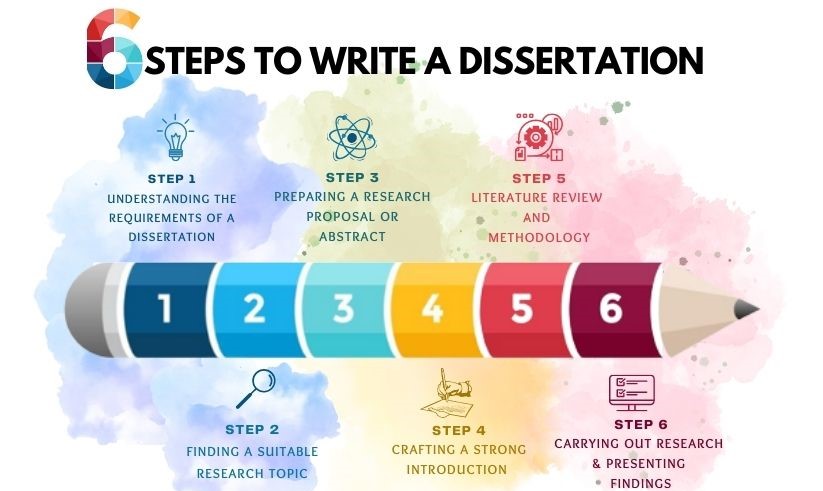
Final Thoughts
The PhD nursing dissertation is a challenging but rewarding journey. By following the essential tips outlined in this guide, you can navigate the dissertation process effectively, produce a high-quality dissertation that makes a significant contribution to the field of nursing, and achieve your academic and professional goals. Remember that your dissertation is a reflection of your hard work, dedication, and passion for nursing. May your PhD nursing dissertation be a testament to your commitment to advancing the profession and improving the lives of patients.
Get Professional Nursing Dissertation Help
At PhD Nurse Writer, we can help with all your PhD nursing dissertation projects, from research to writing. We provide an all-inclusive service that covers topic suggestion, dissertation writing, proofreading, formatting and plagiarism removal. We also offer customized assistance with nursing research papers, essays and case studies.





